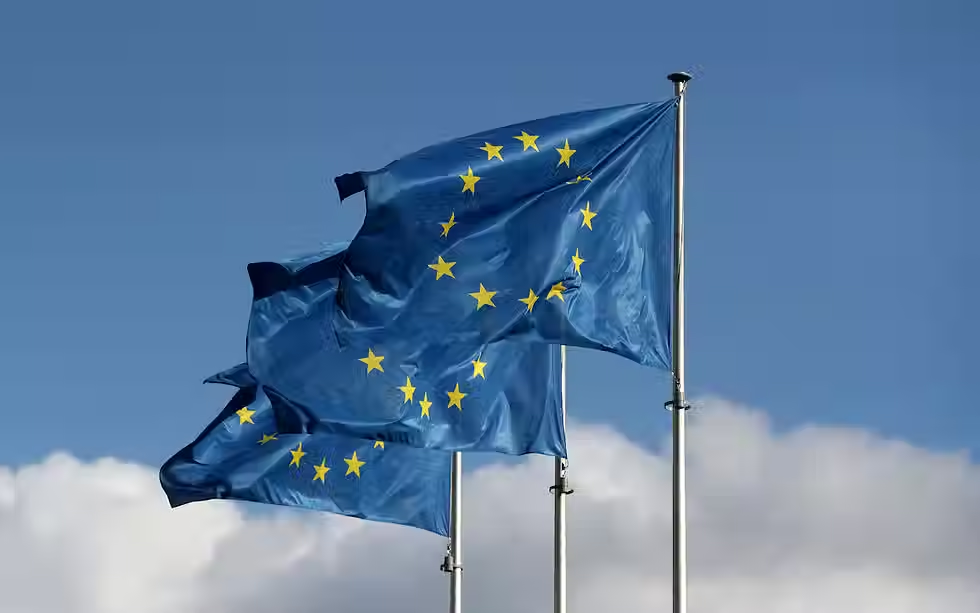Health Secretary Robert F. Kennedy Jr. Faces Congressional Scrutiny Amid Proposed Budget Cuts and Vaccine Controversies
- Rahaman Hadisur

- May 15, 2025
- 3 min read
Hadisur Rahman, JadeTimes Staff
H. Rahman is a Jadetimes news reporter covering the USA

Health Secretary Robert F. Kennedy Jr. defended the president's proposed cuts to top health agencies as Congressional committee members pressed him with questions on controversial topics and spending. He testified before the House Appropriations Committee on May 14 and is scheduled to appear before the Senate Health, Education, Labor, and Pensions Committee later in the day.
Nearly four months into his new role, Kennedy faced intense questioning regarding vaccines, the ongoing measles outbreak, and a recently approved spending bill. In his remarks, he asserted that U.S. health agencies are managing the measles outbreak more effectively than other nations, but he refrained from commenting on whether individuals should receive vaccinations for various preventable diseases. He also declined to discuss reorganization efforts at the Centers for Disease Control and Prevention (CDC).
Kennedy, known for his controversial views on vaccines, recently endorsed vaccination as a preventive measure during the measles outbreak but emphasized that the decision should ultimately rest with parents. When asked by a lawmaker whether he would vaccinate his own child if born today, he chose not to answer. He has also proposed plans to eliminate artificial food dyes from the U.S. food supply, which led to inquiries about popular snacks from his home state, including Little Debbie cakes.
Trump’s 1.7trillion“skinnybudget”proposalforfiscalyear2026suggestsa2394 billion for the Department of Health and Human Services (HHS), marking a 26% decrease from the previous year, and includes cuts to programs and staff at agencies such as the National Institutes of Health and the CDC.
Despite these cuts, the budget aims to inject $500 million into Kennedy’s 'Make America Healthy Again' initiative, which targets the “chronic disease epidemic” through improved nutrition, physical activity, reduced reliance on medications, and enhanced food and drug quality and safety.
During the hearing, Tennessee Republican Chuck Fleischmann questioned Kennedy about the safety of food items important to his constituents, such as Little Debbie snacks. While acknowledging the FDA’s historical process of banning synthetic food colorings, Fleischmann expressed concern over the safety of current colors and the potential costs of finding substitutes. Kennedy agreed to collaborate on this issue.
Rep. Mark Pocan (D-Wisconsin) directly asked Kennedy for his personal stance on vaccines, inquiring if he would vaccinate a child today. Kennedy responded, “I don’t want to seem evasive, but I don’t think people should be taking medical advice from me.” He reiterated his reluctance to influence public opinion on vaccination.
The ongoing measles outbreak has raised alarms, with over 1,000 cases reported and three deaths, including two unvaccinated children in Texas. The CDC noted that 96% of current measles cases involve unvaccinated individuals or those with unknown vaccination status. Vaccination rates have dropped to approximately 92%, below the 95% threshold necessary for herd immunity.
Kennedy also faced questions regarding the elimination of the CDC’s Office on Smoking and Health. He cited legal advice preventing him from commenting on the reorganization, stating, “We are under a court order not to do any further planning on the reorganization.”
As Kennedy testified, leading health organizations, including the American Heart Association and the American Cancer Society, expressed concerns over the proposed budget cuts, warning that they could undermine public health and delay critical medical research.
A recent Reuters/Ipsos poll revealed that many Americans are skeptical of the Trump administration's handling of the measles outbreak, with only 31% believing it is being managed responsibly. The poll coincides with Kennedy's testimony on vaccines and public health.
In a related development, health officials reversed proposed cuts to a long-standing women’s health program, allowing researchers to continue their work on critical health issues. Advocates for Alzheimer’s patients also voiced their opposition to HHS cuts affecting Alzheimer’s-related programs.
Kennedy's 'Make America Healthy Again' initiative has already seen legislative support, with several states enacting laws aligned with its goals, including bans on artificial food dyes and fluoride in drinking water. As the debate continues, the implications of budget cuts and health policies remain a focal point in the ongoing discussions surrounding public health in the United States.











































Comments